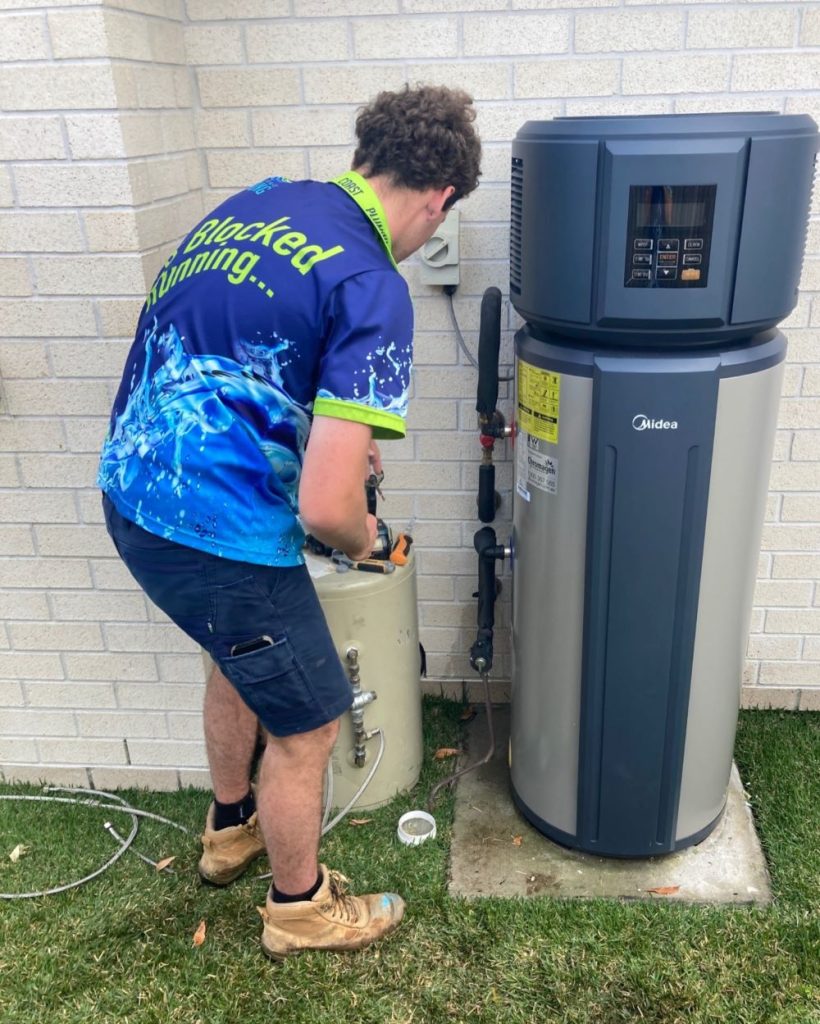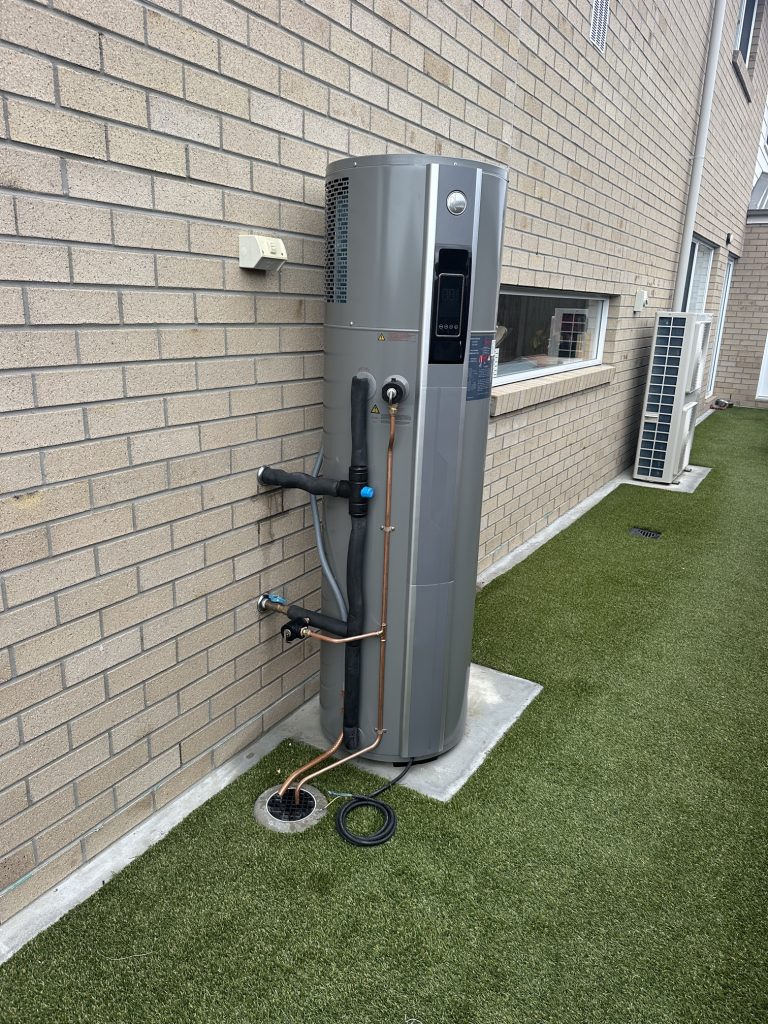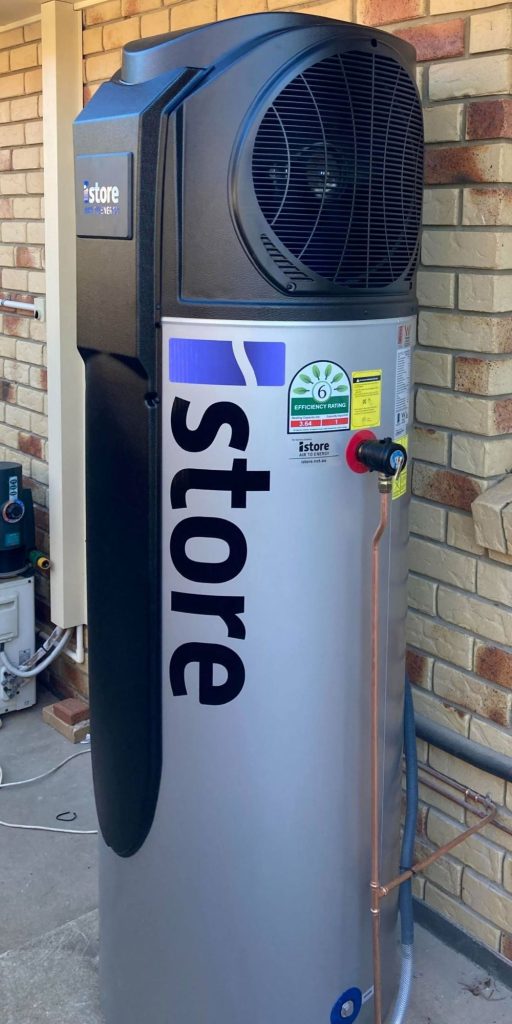Comprehensive Insights for Selecting the Perfect Hot Water System in Queensland’s Unique Climate
Choosing the most suitable hot water system for your residence in Queensland goes far beyond simple brand comparisons or evaluating water storage capacities. It necessitates a thorough comprehension of multiple factors that can affect the system’s efficiency and effectiveness, including the local climate, humidity levels, electricity tariffs, and the daily hot water consumption of your household. Given the rising energy prices, many homeowners are increasingly leaning towards heat pumps due to their exceptional energy efficiency and environmentally friendly characteristics. Nonetheless, it is vital to acknowledge that heat pumps may not be the optimal choice for every property type. A meticulous assessment of all these components is crucial to ensuring that you choose a hot water solution that guarantees the best possible performance and durability.
This article will explore the operational efficiency of heat pumps within the diverse climatic conditions of Queensland, identify which types of residences benefit the most from these advanced systems, and debunk prevalent myths that could lead to inadequate performance or misguided system selections.

Maximising Heat Pump Efficiency in Queensland’s Coastal Areas
Heat pump water heaters operate by capturing thermal energy from the ambient air around them. Their efficiency and effectiveness are markedly improved when the surrounding air temperature is elevated. In the coastal regions of Queensland, especially in desirable locations like the Sunshine Coast, Brisbane, and the Fraser Coast, average air temperatures remain above 5°C even during winter months. This stable warmth allows heat pumps to function efficiently all year round, eliminating the need for additional electric heating or boosting, which is often required in colder regions. By utilising this natural energy source, homeowners can enjoy lower energy bills and a reduced carbon footprint.
Key Environmental Factors That Enhance the Efficiency of Heat Pumps
| Environmental Factor | Effect on Heat Pump Performance | Coastal Queensland Efficiency |
|---|---|---|
| Average ambient temperature | Higher temperatures result in greater efficiency | ✓ Consistently remains above 5°C |
| Humidity levels | Moderate improvements in overall performance | ✓ Generally high and stable |
| Access to off-peak electricity | Lower operational costs | ✓ Readily available in most areas |
| Roof shading | Minimal impact on efficiency | ✓ No negative effect on system functionality |
| Direct sunlight exposure | Not necessary for optimal operation | ✓ Operates efficiently even in shaded locations |
Recognising Situations Where Heat Pumps May Underperform
While heat pumps provide a myriad of advantages, there are specific circumstances in Queensland where their performance may not align with expectations:
- Inland or elevated areas
In regions like Toowoomba or the Hinterland, winter nights can see substantial temperature drops. In these scenarios, certain heat pump models may struggle to maintain their optimal efficiency without relying on a booster element, which can lead to increased energy consumption and costs. - Confined or poorly ventilated outdoor spaces
Heat pumps need adequate airflow around their compressor units to operate efficiently. In tight or enclosed environments, the ability to extract heat can diminish, potentially increasing operational noise and causing disturbances for nearby residents. - Large households with high hot water demands
In residences with more than six occupants, systems designed for enhanced water storage or rapid recovery times, such as solar-boosted gas systems, may be more appropriate to efficiently meet significant hot water requirements.
Busting Myths Surrounding Heat Pumps in Queensland
“They lose efficiency in winter.”
This belief may be valid for colder southern regions; however, it is not applicable in Queensland. In areas where average temperatures consistently exceed 5°C, heat pumps maintain their operational efficiency throughout winter, providing a reliable hot water supply even during the cooler months.
“Solar panels are essential for heat pumps to operate.”
This assertion is misleading. Heat pumps can operate independently of solar photovoltaic (PV) systems, although coupling them with solar energy can further boost energy savings and environmental sustainability.
“Heat pumps are excessively noisy and inconvenient.”
Modern heat pump systems are engineered to operate much more quietly than their older counterparts. When installed correctly in well-ventilated areas, the noise emitted by the compressor unit is minimal, ensuring comfortable living conditions for homeowners.
Practical Approaches for Enhancing Heat Pump Installation and Performance in Queensland
- Select a system tailored for Australian climates
Choose models that boast high-efficiency ratings and reliable local support, such as istore or Stiebel Eltron, both of which are well-regarded for their performance in Australian weather conditions. - Install in a well-ventilated yet shaded area
While heat pumps do not need direct sunlight, they require sufficient airflow around the unit to function effectively and efficiently. - Implement timers or smart controls
By programming your system to operate during periods of solar energy generation or off-peak electricity hours, you can significantly enhance your energy savings and reduce operating costs. - Ensure your system is accurately sized
A capacity of 250–300 litres is generally sufficient for the majority of families. An undersized system may lead to performance issues and increased reliance on boosting mechanisms, resulting in higher energy usage.
The Vital Role of Local Expertise in Successful Heat Pump Installation
The installation of a heat pump requires a customised approach to ensure optimal outcomes. The best results are achieved by collaborating with a local plumber who possesses knowledge of:
- Performance suited to local climate conditions, ensuring maximum efficiency
- Eligibility for incentives such as Small-scale Technology Certificates (STCs) and various Queensland government subsidies aimed at promoting energy efficiency
- Optimal placement and ventilation techniques to enhance system performance
- Integration with solar PV systems or battery storage solutions, when applicable, to boost energy efficiency
At Creek to Coast Plumbing, we are committed to providing and installing high-quality hot water systems, including heat pumps, across the Sunshine Coast and Moreton Bay regions. Our dedicated team is prepared to assist you in identifying which hot water service will best suit your specific needs. As the demand for energy-efficient hot water solutions increases, many individuals are weighing solar options against heat pumps. We will assess the unique conditions of your home, recommend the most appropriate system, and ensure that you are equipped for maximum efficiency.
Explore more about our Heat Pump Hot Water Installations or contact us for a personalised recommendation tailored to your specific requirements.
The Article: Heat Pumps in Queensland: Effective Solutions and Pitfalls first appeared on https://writebuff.com
The Article Heat Pumps in Queensland: Benefits and Challenges Explained Was Found On https://limitsofstrategy.com



